Best Timing for Waterproofing Applications
Waterproofing is a critical process that protects structures from water intrusion, which can cause damage, mold growth, and structural deterioration. Proper timing ensures maximum effectiveness and longevity of waterproofing applications.
Spring offers moderate temperatures and dry conditions, ideal for waterproofing projects to prevent water damage during rainy seasons.
Summer provides warm weather and longer daylight hours, suitable for waterproofing, especially in preparation for fall and winter.
Fall is suitable for waterproofing before winter, ensuring structures are protected from snow and ice accumulation.
Winter is generally not recommended for waterproofing due to freezing temperatures that can hinder application and curing processes.
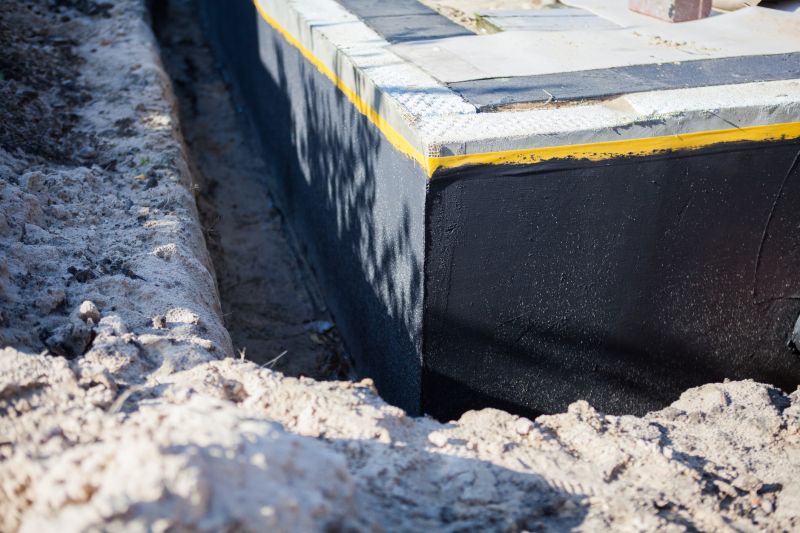
Ways to make Waterproofings work in tight or awkward layouts.
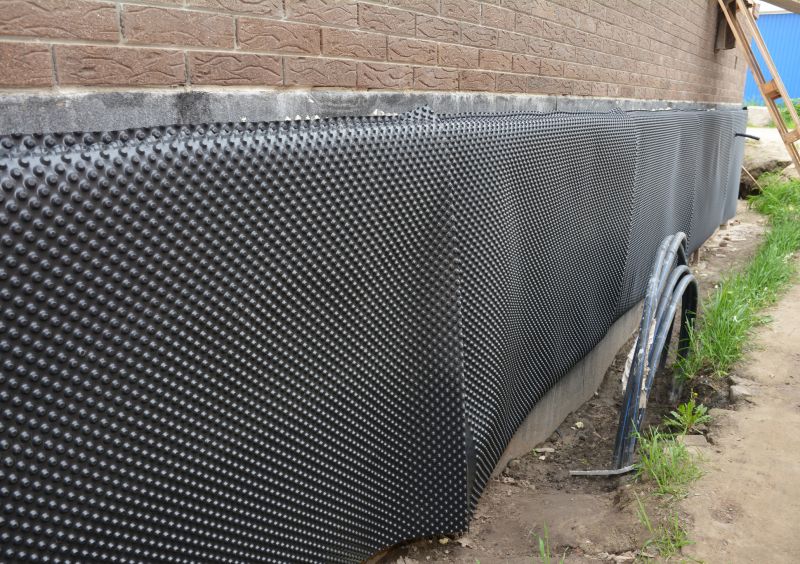
Popular materials for Waterproofings and why they hold up over time.
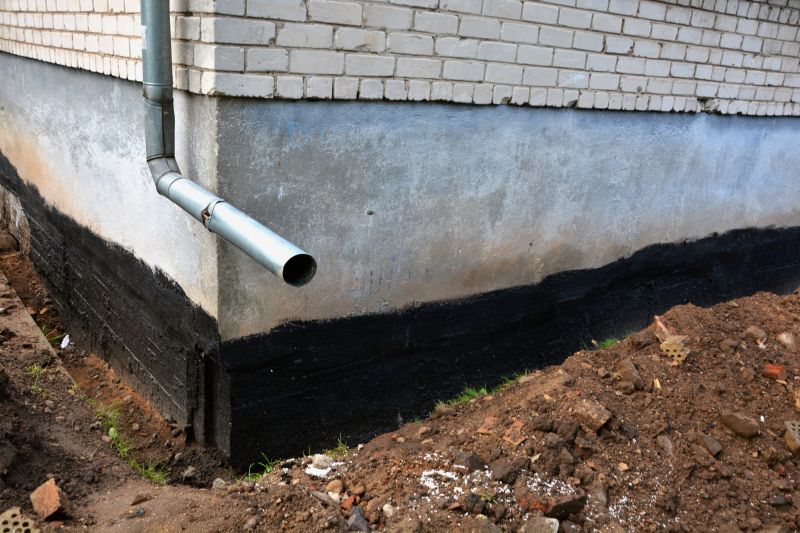
Simple add-ons that improve Waterproofings without blowing the budget.
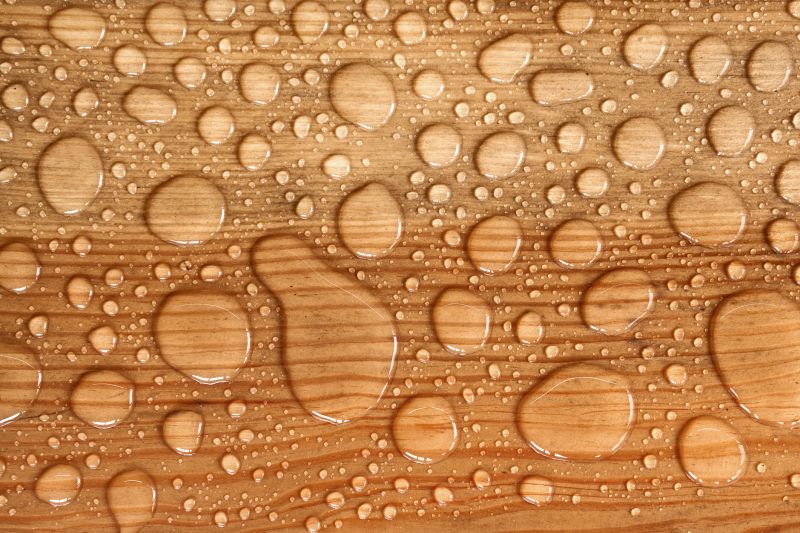
High-end options that actually feel worth it for Waterproofings.
Waterproofing is an essential step in maintaining the integrity of buildings and structures. It involves applying materials like membranes, coatings, or sealants to prevent water penetration. Proper waterproofing can extend the lifespan of a property, reduce maintenance costs, and prevent costly repairs caused by water damage.
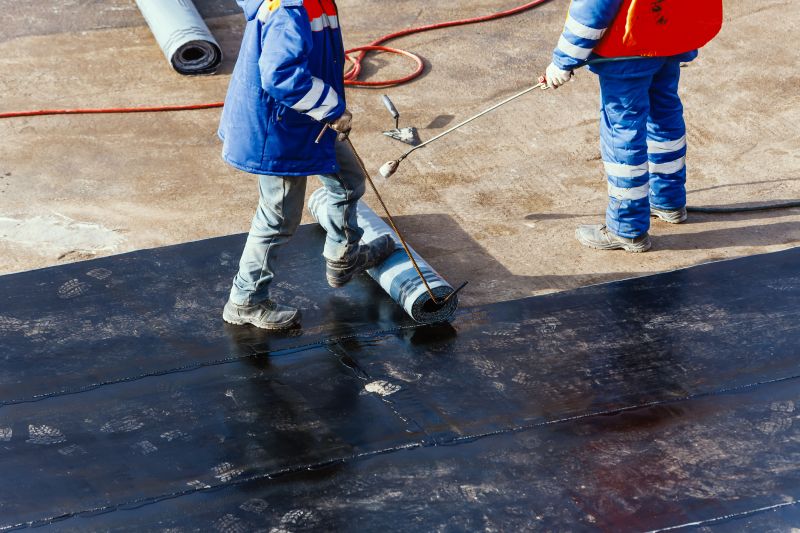
Various materials are used based on application needs, including liquid membranes, rubberized coatings, and asphalt-based products.
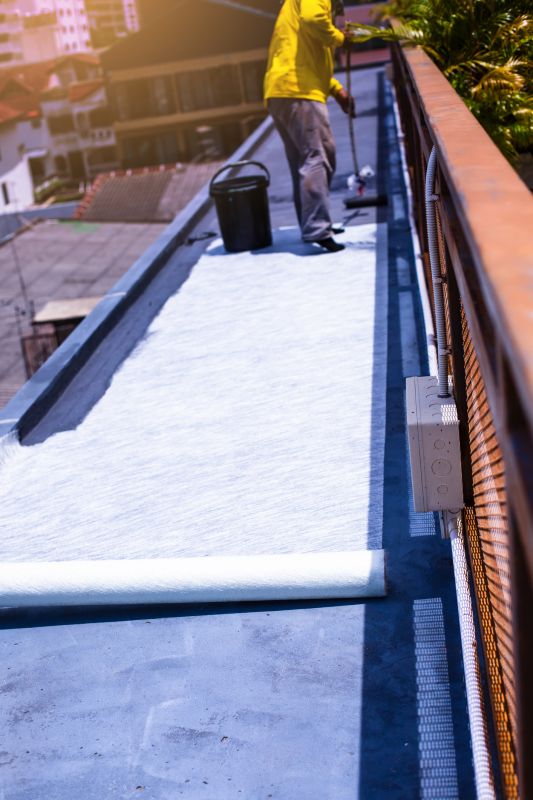
Applying waterproofing materials during suitable weather conditions ensures optimal adhesion and curing.
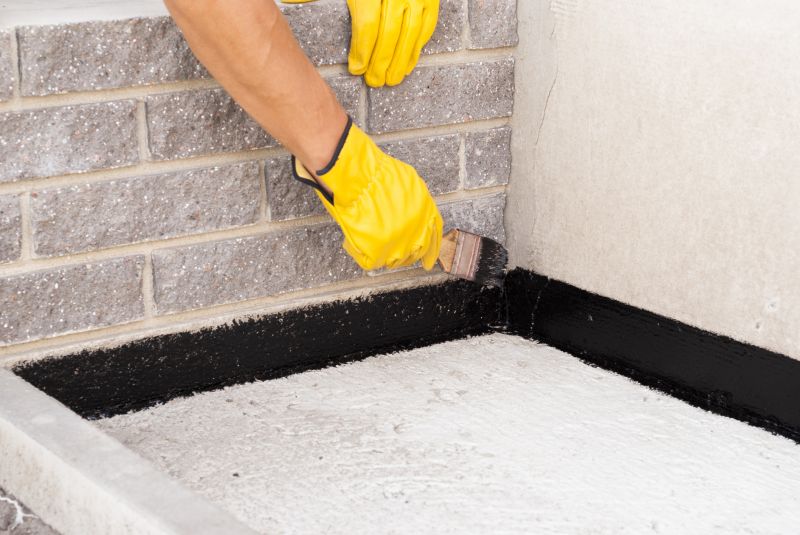
Proper timing and application techniques are vital for long-lasting protection against water intrusion.
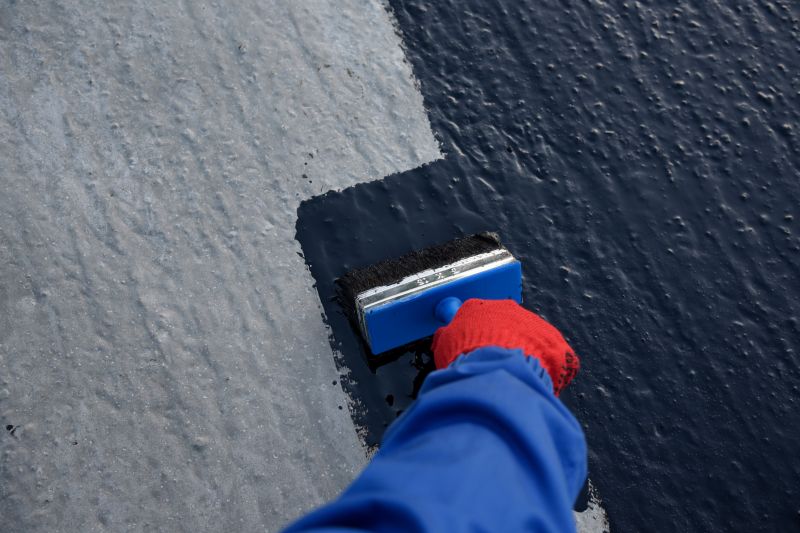
Finishes and colors that play nicely with Waterproofings.
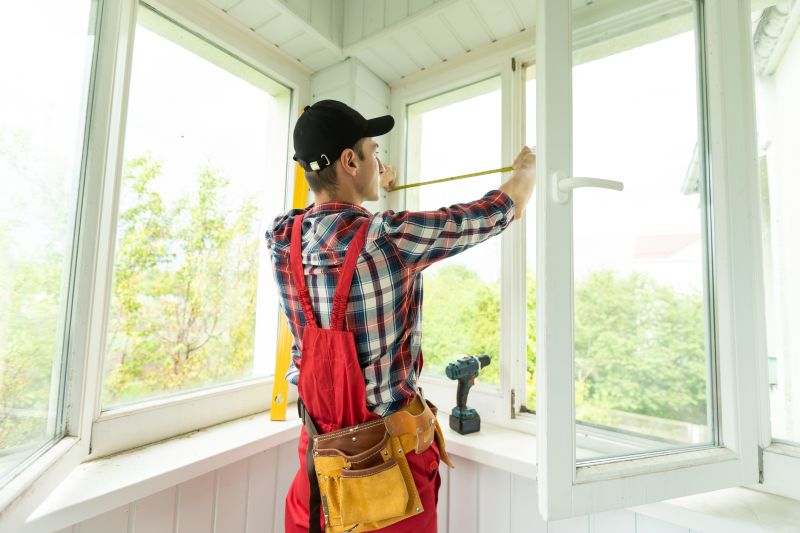
Little measurements that prevent headaches on Waterproofings day.

A 60-second routine that keeps Waterproofings looking new.
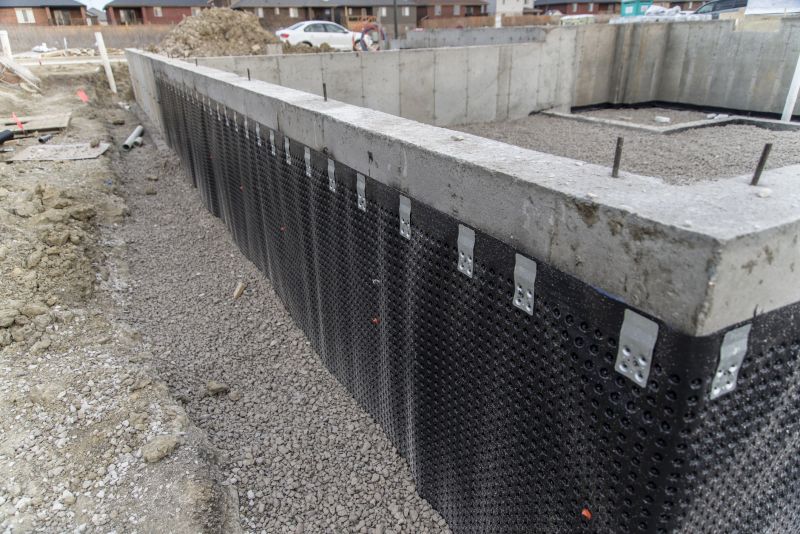
A frequent mistake in Waterproofings and how to dodge it.

Small tweaks to make Waterproofings safer and easier to use.
| Season | Recommended Conditions |
|---|---|
| Spring | Dry, mild temperatures between 50-75°F |
| Summer | Warm, dry weather with temperatures below 85°F |
| Fall | Mild weather, before winter freeze |
| Winter | Generally not recommended due to freezing temperatures |
Choosing the right time for waterproofing enhances the effectiveness of the materials used and ensures the longevity of the waterproofing layer. Consulting with professionals can help determine the best season based on local climate conditions and specific project requirements.
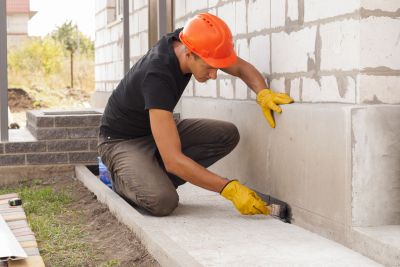
Proper timing ensures durable and effective water protection.
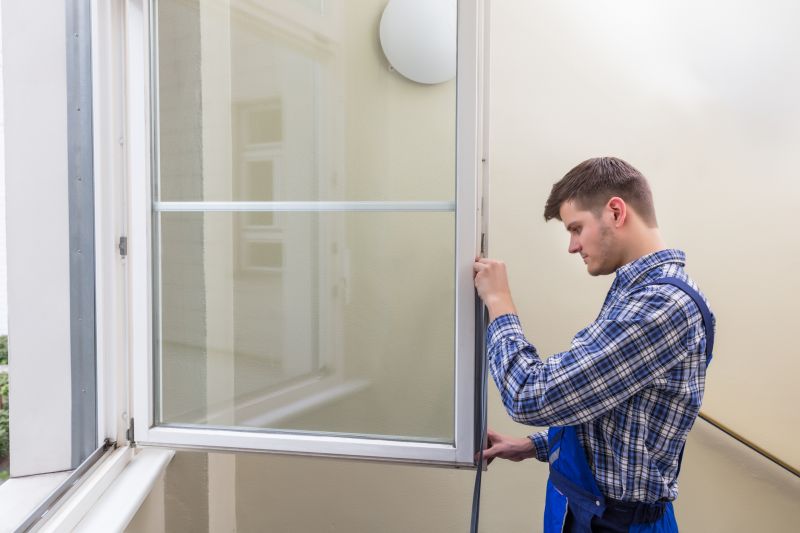
Timing according to weather conditions maximizes project outcomes.
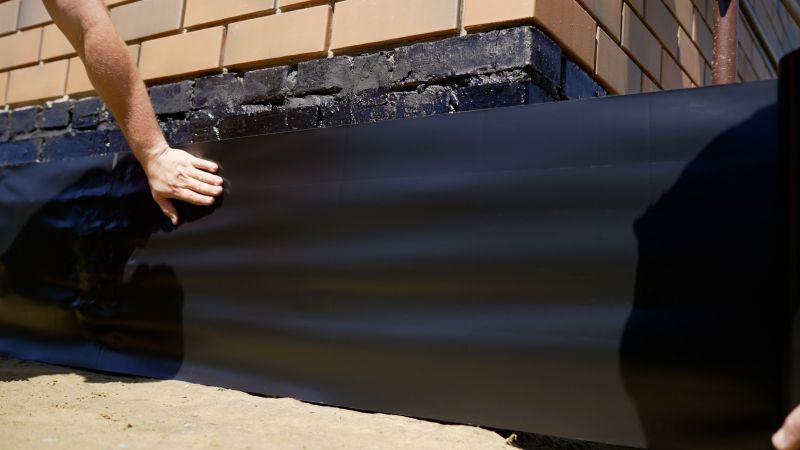
Application during optimal weather prevents issues like cracking or peeling.

Lower-waste or water-saving choices for Waterproofings.

The short, realistic tool list for quality Waterproofings.

Rough timing from prep to clean-up for Waterproofings.

Quick checks and paperwork to keep after Waterproofings.

Examples that show the impact a good Waterproofings can make.
Those interested in waterproofing services are encouraged to contact for further information. Proper scheduling and application techniques are essential for achieving the best results and protecting property investments.

